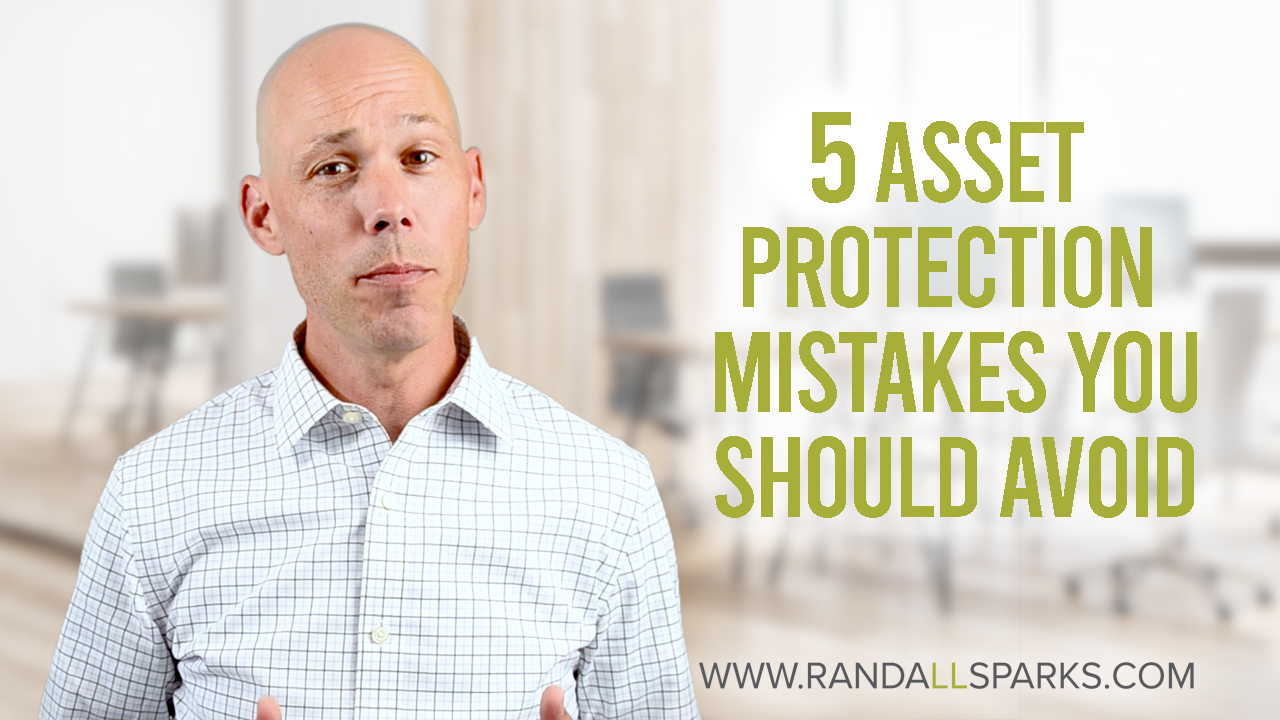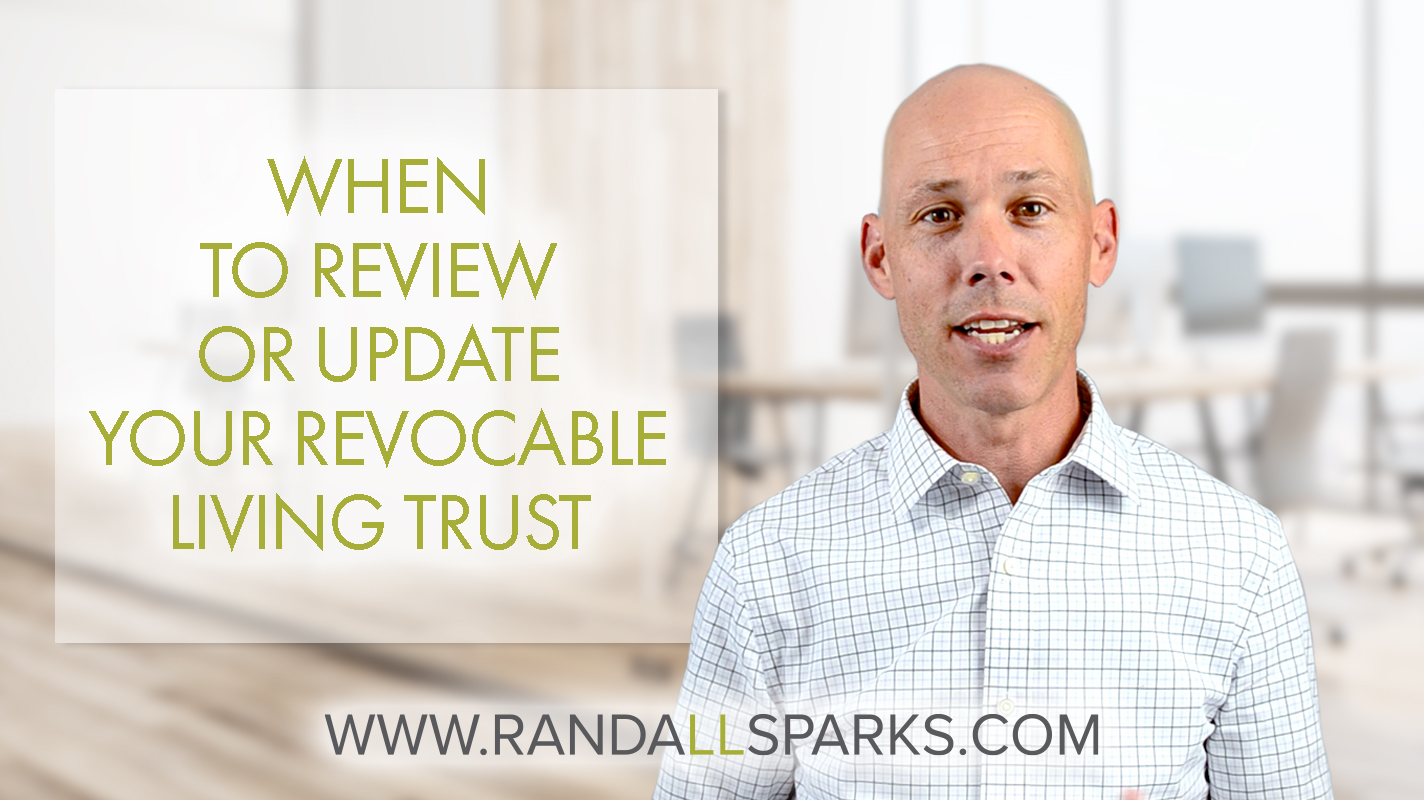There are many reasons to plan ahead to protect your assets from potential risks. You may be in a high liability profession, you may be a business owner with higher exposure, you may have valuable assets, or you may just have bad luck (car accident, someone gets injured in your home or business). Whatever the reason, there are great ways to protect your assets from these risks. When planning to protect assets avoid these 5 asset protection mistakes.
1. Thinking Your Revocable Trust Protects Assets
I hear people over and over say that their assets are safe because they’re in a trust. But a revocable trust does not protect the assets. While a revocable trust is an amazing tool for estate planning, and most people need one, revocable trusts do not provide asset protection during your lifetime. So, to protect assets from personal liability exposure you need different tools or techniques, such as liability insurance, irrevocable trusts, and business entities.
2. Waiting Until it’s Too Late
I get calls all the time from people asking for asset protection when they’re already subject to a lawsuit, or expect that they will be. Sadly I have to tell them that it’s too late. Asset protection planning must be done in advance of a problem. If you transfer assets out of your name, such as into an asset protection trust, when there is already an existing claim, your creditors can still get those assets. It’s called a “fraudulent” or “voidable transfer.” If you transfer assets out of your name with the intent to delay, hinder, or defraud a creditor claim, it can all fall apart. So it’s crucial that you plan in advance, before such claims arise.
3. Not Having Insurance
I don’t sell liability insurance, but I tell everyone to make sure to have proper insurance coverage. I advise that you don’t just get the minimum coverage or the cheapest premium. You should evaluate what is the proper coverage. If there is a claim, you don’t want an inferior policy that won’t cover you. You should also get an umbrella liability policy which provides additional coverage beyond your other policies. Umbrella liability insurance is relatively inexpensive and provides substantial coverage and peace of mind.
4. Titling Assets or Accounts in Your Children’s Names
I see this all the time. People worry about liability so they deed their home to a child. Why not, they say. They want the child to inherit it anyway. Even if they do it far enough in advance so that it’s not a fraudulent transfer, it is still comes with other consequences.
- Tax Consequences: Transferring the property to a child is a taxable gift and you’ll need to file a gift tax return and use a portion of your lifetime exemption. And the person you transfer the property to receives your same income tax basis. So if they sell the property, they will pay a higher capital gain tax in the future.
- Loss of control: This is a big problem. I’ve seen situations where a parent transferred their home to a child but kept living in the home. Later, the parent wanted to sell the home or refinance it but couldn’t because the child legally owns the home and won’t cooperate.
- Additional Exposure to Creditors: While the asset may not be at risk of your own liabilities, they are exposed to the creditors of the person you transferred the asset to. I’ve seen a child go through a bankruptcy exposing the property that the parent transferred into their name.
It’s better to use an asset protection trust to avoid adverse tax consequences, loss of control, and additional exposure to children’s creditors.
5. Doing Nothing
Doing nothing does exactly that – Nothing. I had a client discuss asset protection with me but did not implement any asset protection planning tools. A few years later they called me with regret. Someone was badly injured at their rental property. The wished they had implemented a plan because they saw how it would have helped them. They didn’t even have an umbrella policy. At a minimum, you should make sure that you have good liability insurance coverage. Beyond that, there are excellent options depending on your situation to plan ahead for the potential liability out there.
Asset Protection isn’t Complicated
We all have some level of potential liability exposure. Avoid these 5 asset protection mistakes. Evaluating your circumstance can help determine the best way to protect against the risk out there. We plan for the worst and hope for the best. Peace of mind involves planning ahead.
Video coming soon…







Get Social